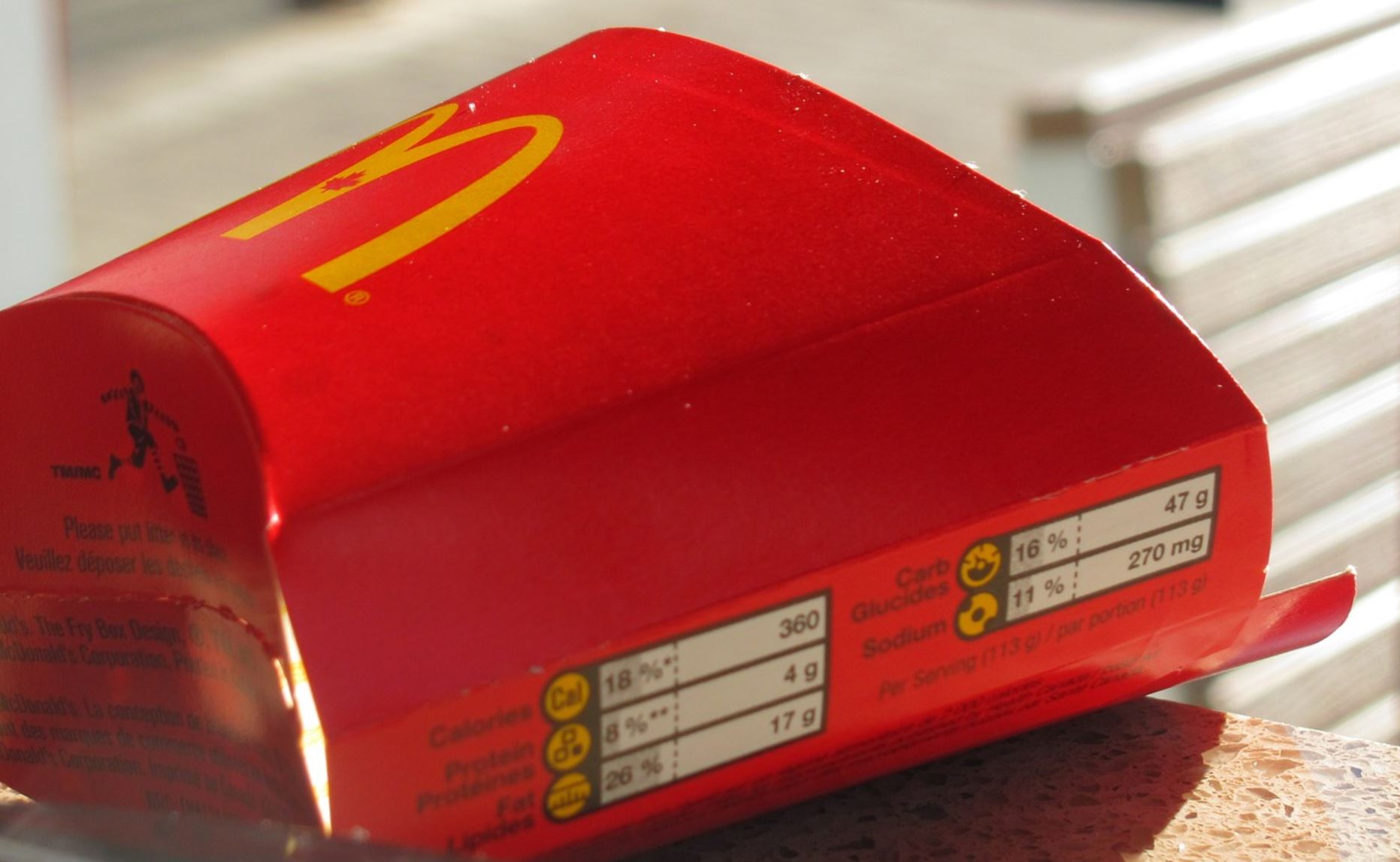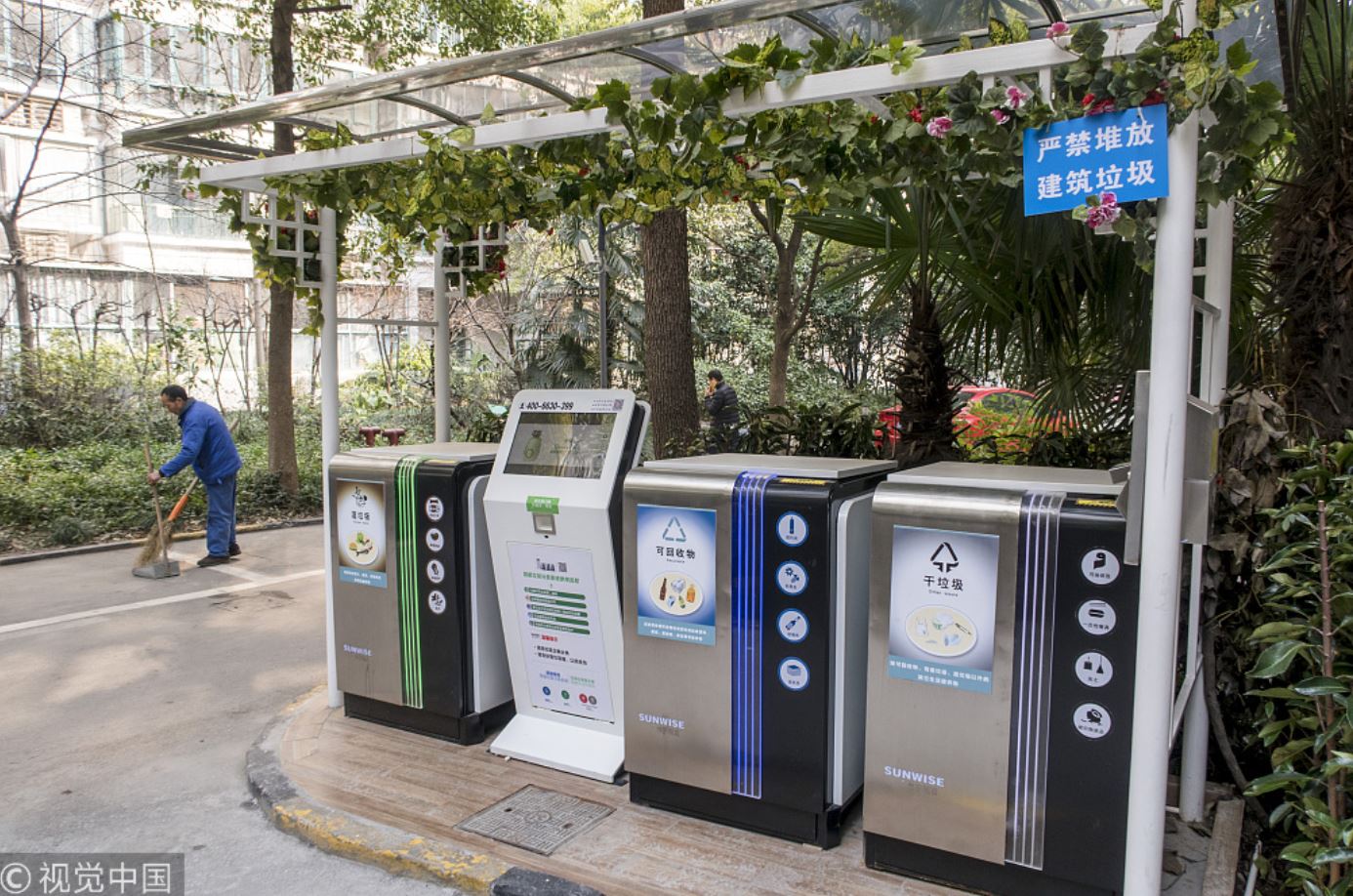 By B.N. Frank
By B.N. Frank
McDonald’s restaurants are putting cameras in their dumpsters and trash containers in an effort to improve their recycling efforts and save money on waste collection. Nordstrom department stores are doing this as well.
Here’s why some McDonald’s restaurants are putting cameras in their dumpsters
(CNN Business) Jason Gates spends a lot of his time thinking about trash, and how we can generate less of it.
Since 2013 his San Francisco-based startup, Compology, has used cameras and artificial intelligence to monitor what’s thrown into dumpsters and trash containers at businesses such as McDonald’s restaurants and Nordstrom department stores. The point is to make sure dumpsters are actually full before they’re emptied and to stop recyclable materials like cardboard from being contaminated by other junk so it, too, doesn’t become waste.
“We’ve found that most businesses and people have the right intentions about recycling, but oftentimes they just don’t know what the proper way to recycle is,” Gates, CEO of Compology, told CNN Business’ Rachel Crane.
To help them do it correctly, Compology puts trash-monitoring cameras and sensors inside industrial waste containers. The cameras take photos several times each day and when the container is lifted for dumping. An accelerometer helps trigger the camera on garbage day.
AI software analyzes the images to figure out how full the container is and can also let a customer know when something is where it shouldn’t be, such as a bag of trash tossed into a dumpster filled with cardboard boxes for recycling. Gates said the company’s cameras can cut the amount of non-recyclable materials thrown in waste containers by as much as 80%.
While this seems like a noble effort toward efficiency and environmental preservation, it’s worth mentioning that the same type of technology can eventually be used for compulsory garbage sorting and waste disposal that targets individual people themselves, not only the trash. Trends in A.I. waste management could easily become far more invasive as “smart bins” proliferate as part of the Internet of Things. This can even be extended into a social credit system, as was discussed in Smithsonian Mag back in 2017:
A Smart Recycling Bin Could Sort Your Waste for You
Wimalaratne and his team envision the smart bins as working like this: a consumer goes to a Starbucks and orders a latte in a paper cup (or a juice in a plastic bottle, or a milk in a carton, etc.). Once he’s finished, he goes up and taps his phone against the bin, registering his identity with the bin app via Bluetooth. He then holds his cup over the bin’s cameras, which take two photos. The computer vision identifies the material and lights up the correct area of the bin. The user then gets a reward via the app. That reward would depend on the bin’s owner or sponsor. In a Starbucks, for example, it could be points towards a free coffee. But it could be anything: charity donations, free merchandise and so on. If the user didn’t want to use the app or register his identity, he could simply use the computer vision to help them know where to toss his cup.
The foundation for this has been laid in China, as reported by China Daily:
The era of compulsory garbage sorting begins
Shanghai’s regulation requires people to sort trash into four categories – dry garbage, wet garbage (kitchen waste), recyclables and hazardous waste. Individuals who fail to do so may be fined up to 200 yuan ($29.11), while companies and institutions face fines of up to 50,000 yuan…
By 2022, every city at the prefecture level and above should have at least one district where all household garbage is classified, and by 2025 they should have their own household garbage sorting and disposal systems. (Source: China Daily)
From Xinhua:
With the prevalence of smartphones, many cities in China, including Shanghai, have established a “green account” system. Each time a resident dumps garbage in compliance with regulations, they will collect a certain amount of “green points,” which can be later used to exchange for living goods.
A 2019 study also determined that Artificial Intelligence (AI) could affect all occupational groups.
Image: Pixabay
Subscribe to Activist Post for truth, peace, and freedom news. Send resources to the front lines of peace and freedom HERE! Follow us on SoMee, HIVE, Parler, Flote, Minds, MeWe and Twitter.
Provide, Protect and Profit from what’s coming! Get a free issue of Counter Markets today.
McDonald’s Restaurants Are Putting Cameras, Sensors, and AI Technology in Their Dumpsters
